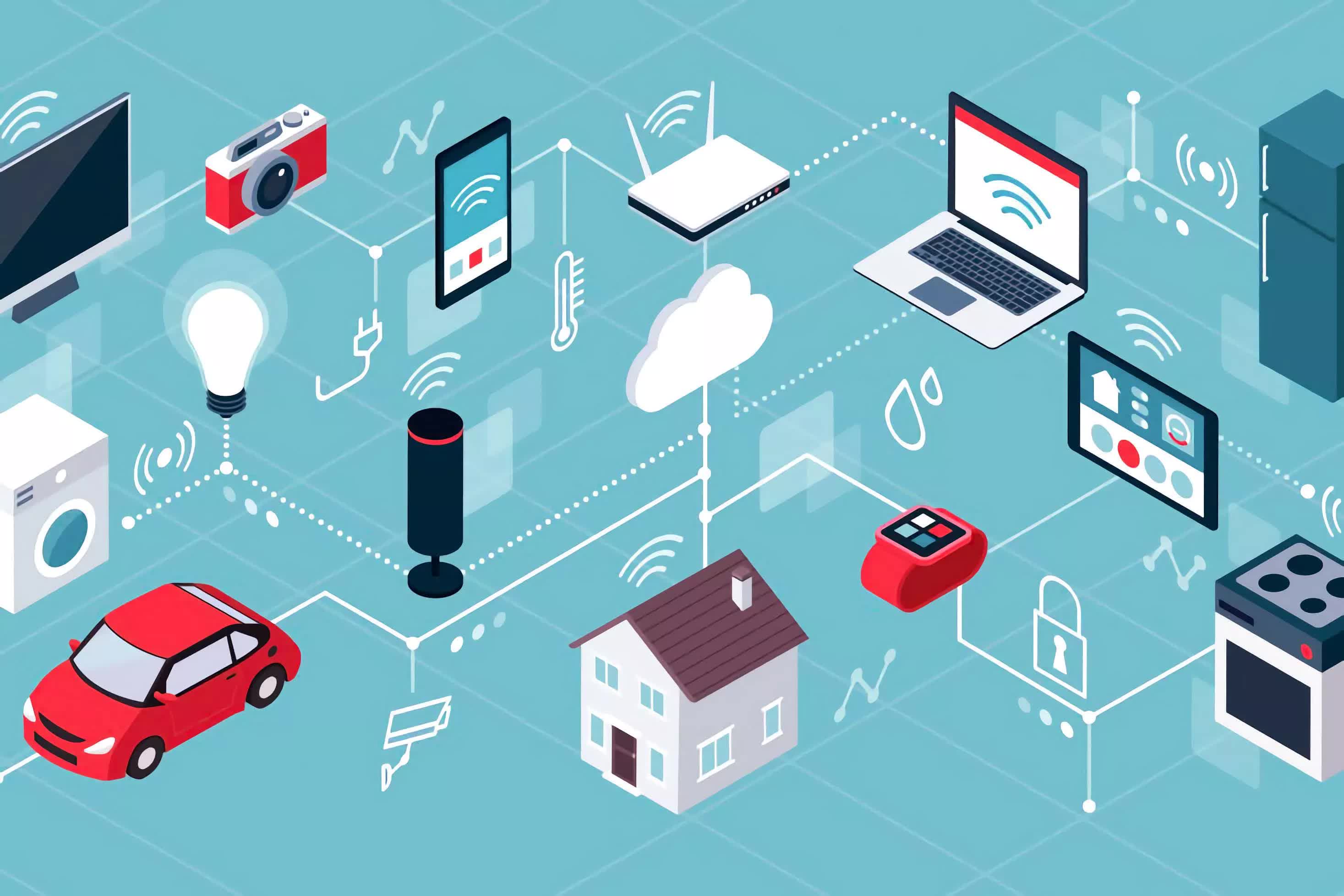Facepalm: Owners of Wemo remote heaters, air purifiers, coffee makers, baby monitors, and other devices should begin shopping for replacements as soon as possible. Support for all of the company's non-Apple HomeKit devices will end in January, rendering them inoperable for customers who don't use Apple devices.
All Wemo smart home devices that do not support Apple HomeKit will stop functioning on January 31, 2026. After parent company Belkin shuts down the Wemo cloud service on that date, users will no longer be able to remotely control their devices through the Wemo app.
Any Wemo devices released before 2021 will essentially become e-waste. The company's older humidifiers, air purifiers, heaters, Wi-Fi baby monitors, motion sensors, light switches, and other products will be impacted.
This situation highlights a recurring issue with Internet of Things devices: planned or unplanned obsolescence. Customers who purchase smart gadgets to control lights or other essential appliances often face problems years later when support ends or the manufacturer exits the market. Security vulnerabilities may never be patched, and technical support may no longer be available when glitches arise.

Many smart plugs and light switches released between 2021 and 2023, which support Apple's HomeKit platform, will continue to function after January 31 if users switch to controlling them through HomeKit instead of the Wemo app. Only a few HomeKit-exclusive light switches and plugs will remain completely unaffected.
Although some affected devices also work with Amazon Alexa and Google Assistant, Wemo's integration with those services often relies on the company's cloud infrastructure. As a result, those features will also stop working. Partial refunds will be available after January for products that are still under warranty.
Belkin, best known for selling accessories for electronics made by other companies, launched its Wemo smart home brand in 2011. Although the company initially used a proprietary cloud system that supported a wide range of devices, it has gradually shifted to producing mainly light switches and plugs compatible with Apple HomeKit.
Although cutting support for Wemo's cloud service will force many customers to replace devices that might have functioned perfectly for years, relying on a larger company's platform likely saves Belkin money. While many smaller companies manufacture IoT devices, this situation suggests that the industry is becoming increasingly dependent on a few major tech companies.
Many consumers are not aware that sellers can remotely disable smart home devices. Earlier this year, Ars Technica reported that nearly half of survey respondents did not know their smart controls for doorbells or lights could eventually become e-waste.
Belkin ends support for Wemo devices, many will become e-waste come January
